PHONE US: (778) 484 1484
Are you wondering how to test for TMJ? There are some simple tests that you can do to find out if you have a TMJ disorder:
Stand in front of a mirror and place your feet shoulder width apart. Close your eyes, than turn to the left and to the right as fast as you can. Now look up and down as fast as you can. Open your eyes, look in the mirror and now look at your shoulders. Is one shoulder lower than the other or are they at the same level?
If one shoulder is lower than the other than your neck is out of line as well trying to keep it all in balance. This puts a lot of strain on your muscles which can cause headache, neck pain and or back pain or other related issues.
Can you put 3 fingers vertically into your mouth when opening as wide as possible? When your bite is ‘off’ it can put a lot of stress on the muscles in your jaw and neck which will prevent you from opening and closing your mouth properly.
To test your neck, stand in front of a mirror. Move your head sideways, first left and try touching your shoulder with your ear. Now try it on the right side. Than look straight ahead and turn your head to the left as far as possible, now to the right… The last part is to look up to the sky and then down to your feet.
Are you experiencing any pain or stiffness when you do these exercises? If so, the chances are that your bite is ‘off’ and you may have a TMJ Disorder.
Put your upper front teeth against your bottom front teeth. When there is no tight fit it is because your front teeth are worn down trying to find a match between the two of them. The cause of this is when there is too much tension on the bite on the back teeth, on the jaw muscles and joints when you try to move forward from that position.
An overbite means that your upper jaw is much further out than your lower jaw. Somewhat (appr. 10%) is normal but when this is exceeded than you have an ‘unhealthy’ overbite. This can cause joint erosion and muscular tension.
A TMJ disorder can be caused by a shorter upper or lower jaw. You might not experience any discomfort though but it can cause an unbalanced bite. When the lower jaw is shorter it might be a TMJ problem that can cause sleep apnea.
When you draw a vertical line down from the tip of your nose, your jaw and your lips should be positioned at a distance of appr. 5 degrees. When this is more, the position of your head is ‘out of line’ which can cause headache and neck pain.
